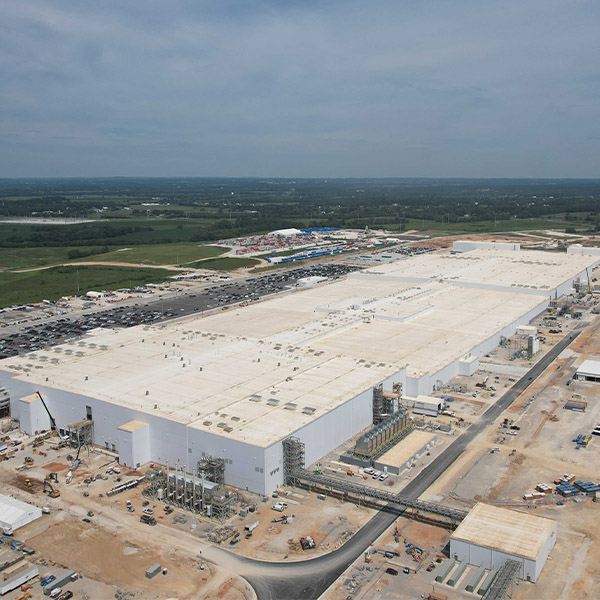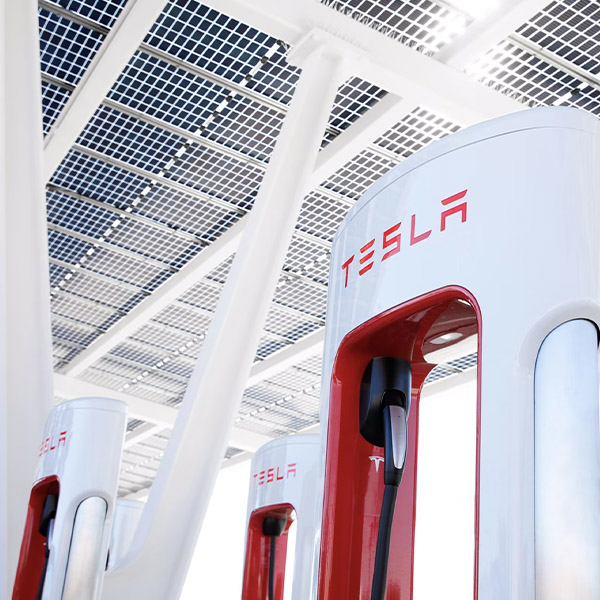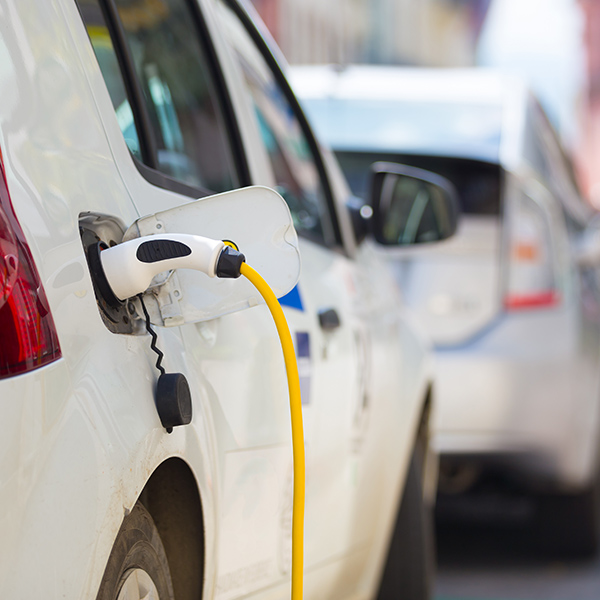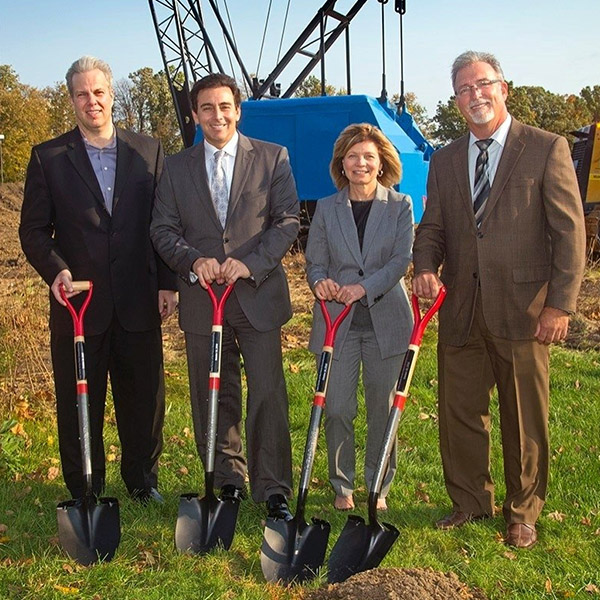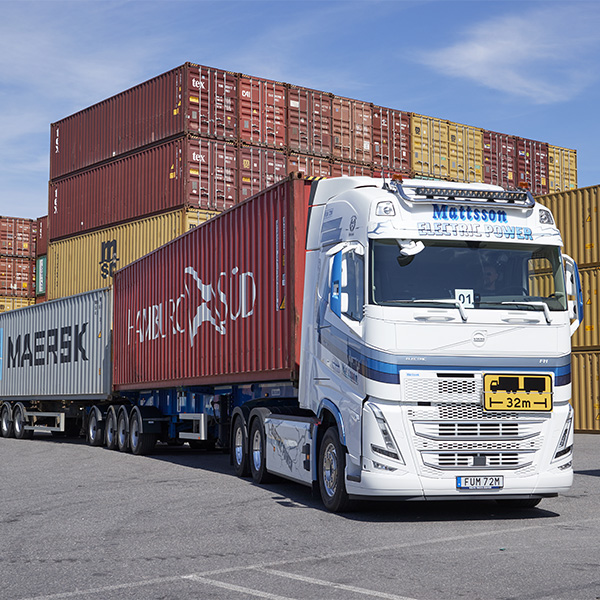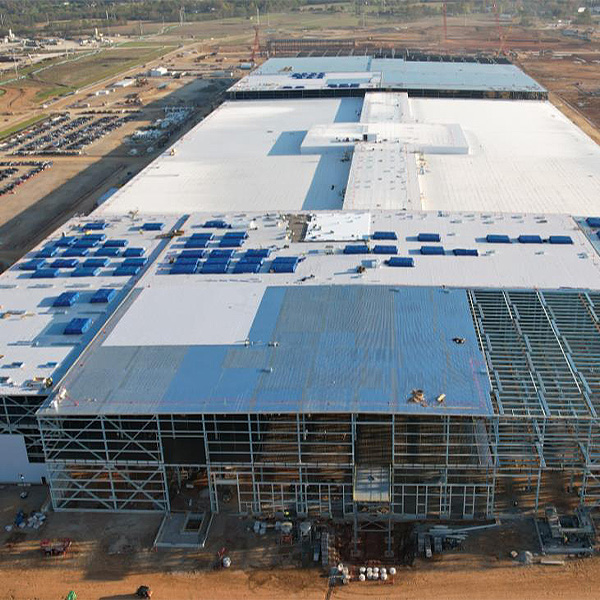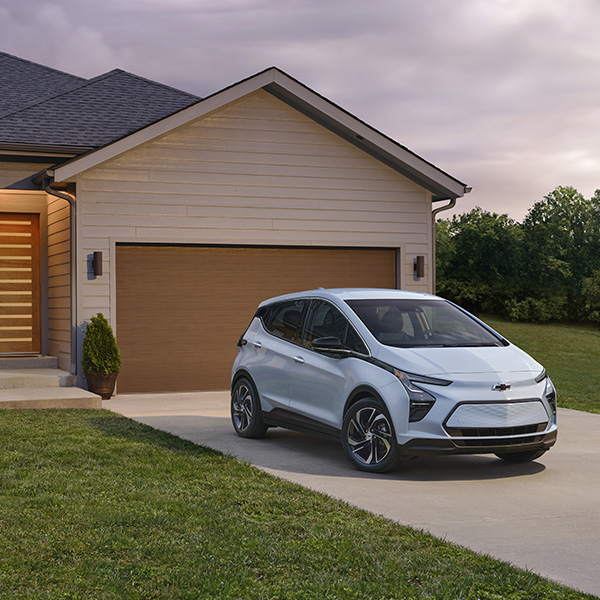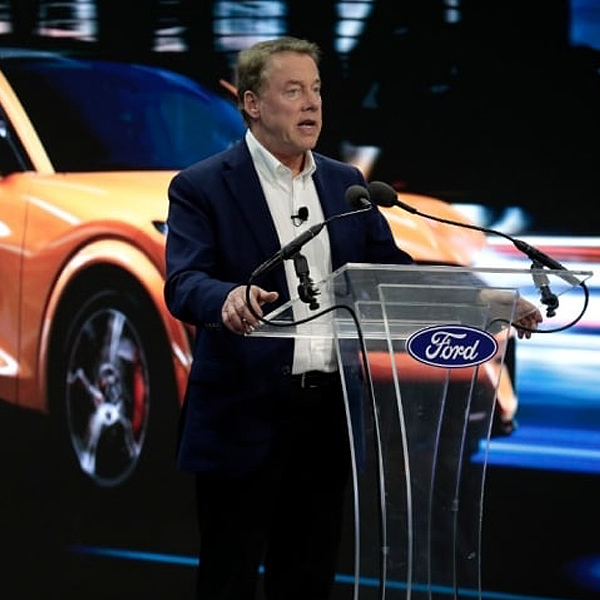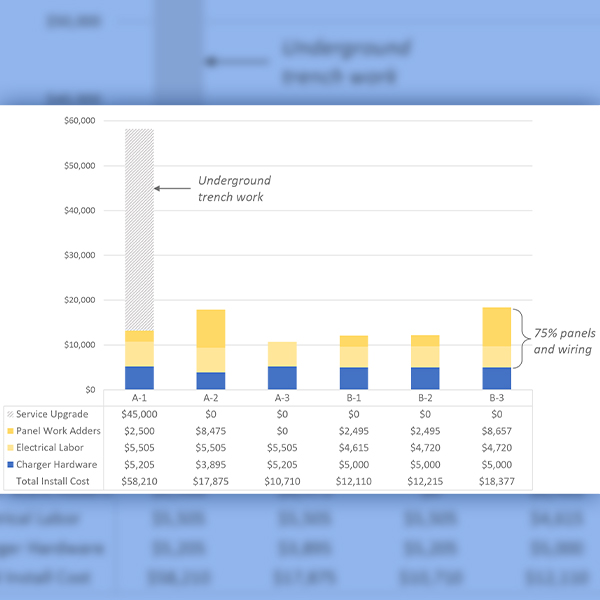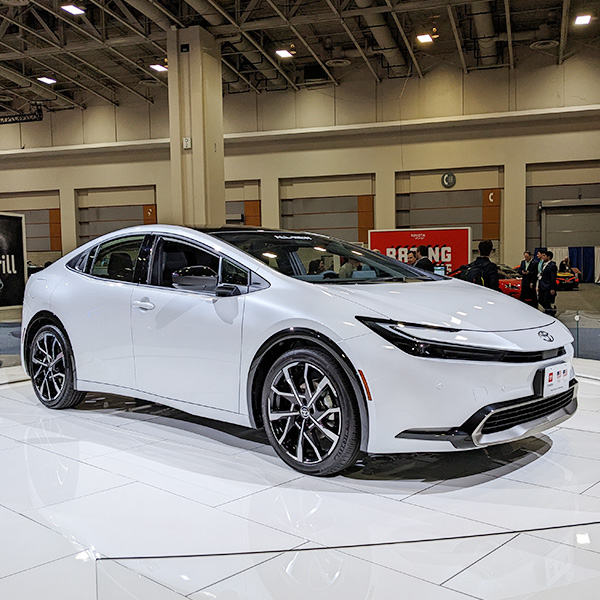Ford Motor Co.
DOE’s Loan Programs Office announced billions of dollars in loans for two joint ventures of car and electronics manufacturers aimed at building out a domestic battery supply chain and accelerate the rollout of new electric vehicles.
California's charging network is getting a boost from two different directions: a state program aimed at providing high-density Level 2 chargers in underserved areas and the opening of Tesla’s charging network to non-Tesla vehicles.
As U.S. automakers pull back on plans to invest heavily in electric vehicles, claiming sales are not growing as fast as expected, the Treasury Department and Internal Revenue Service issued new guidelines on the federal tax credits for EVs that could further slow sales.
The MISO Board of Directors next year will boast a former Ford Motor Co. executive after a vote of MISO membership.
As a court battle heats up over California’s zero-emission truck regulations, a group of manufacturers have committed to follow the rules even if they’re overturned.
DOE will loan Ford and Korean battery manufacturer SK On up to $9.2 billion to help them build huge factories in Kentucky and Tennessee for producing EV batteries.
The Treasury Department's revised list of EVs qualifying for federal tax credits provided mixed news for U.S. and foreign automakers and prospective buyers.
Michigan officials and automakers are promoting efforts to transition to electric vehicles, but almost half of Michigan voters oppose the shift.
Interest is growing in bidirectional charging from vehicle batteries, but utilities and homeowners have different perspectives on the technology.
While EVs are on the floor they are by no means the main attraction, and much uncertainty remains about how fast automakers can build out their supply chains.
Want more? Advanced Search
